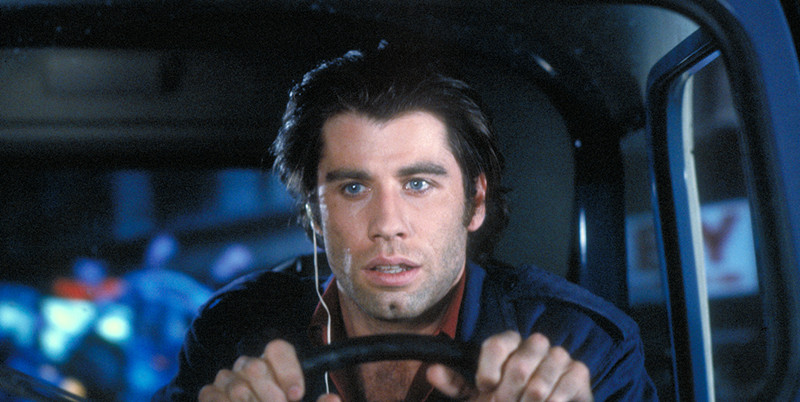
If there’s something that defines the Coen Brothers, it’s their range. No matter how hard you look, you will find no director working today capable of shifting through different genres, moods and styles quite like this Minnesotan duo. In an industry where almost every other auteur doubles down on their preferred genre to try to become a household name in a specific niche, the Coens are something of a rare breed, two mavericks who go against the tide and are not afraid to try their luck outside their comfort zone. In fact, their chameleonic body of work seems to deliberately defy any label, genre or trope.
Yes, for the most part they might be known for their cynical humor, oddball characters and quirky dialogue recurrently featured in the best of their dark comedies. But with that being said, the Coens have proven time and time again that they’re second to none when it comes to making thrillers. They showed great potential ever since they burst into scene with their electric debut, Blood Simple, a hard-boiled noir following a mysterious murder, and most recently with Miller’s Crossing, a sharp gangster epic set in the Prohibition Era. No Country for Old Men, widely considered to be one of their best films overall, happens to be one of the most acclaimed thrillers of the past twenty years.
As complete masters of their craft, throughout the years they have given flowers to films that had a significant influence in their own work. With no further ado, here are ten of his all-time favorites, recollected from decades’ worth of interviews with Joel and Ethan.
1. The Conformist (1970)
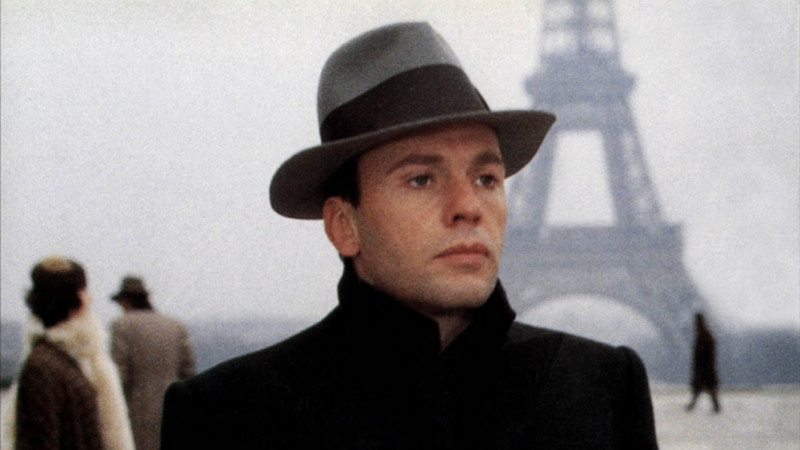
The Conformist is a cautionary tale of fascism and a poignant character study of a man’s fragile ego. Bertolucci’s political thriller follows Marcello Clerici, an errant boy for Mussollinni’s fascist regime who is tasked with murdering one former teacher that’s now a political dissident in France.
Far from being a sympathetic character, The Conformist weaves through Marcello’s early life in a series of flashbacks as we get a sense of how he became a man devoid of any personality and continuously obsessed with fitting into society. Ostracized and sexually molested as a kid, everything Marcello does in his adulthood, be it becoming a loyal fascist militant or marrying a young woman, comes not out of true conviction but as a futile attempt at feeling accepted and quieting his subconscious. But for all the money, status and class Marcello eventually acquires, he never finds fulfillment in his facade life.
Barry Sonnenfeld, a common collaborator with the Coens, recently said in a podcast interview Joel and Ethan would always watch The Conformist while preparing for their shoots. Not only is it breathtaking to look at, the movie perfectly depicts how ideological extremism traps vulnerable people the most, and how evil regimes are enabled by people with no principles.
2. The American Friend (1977)
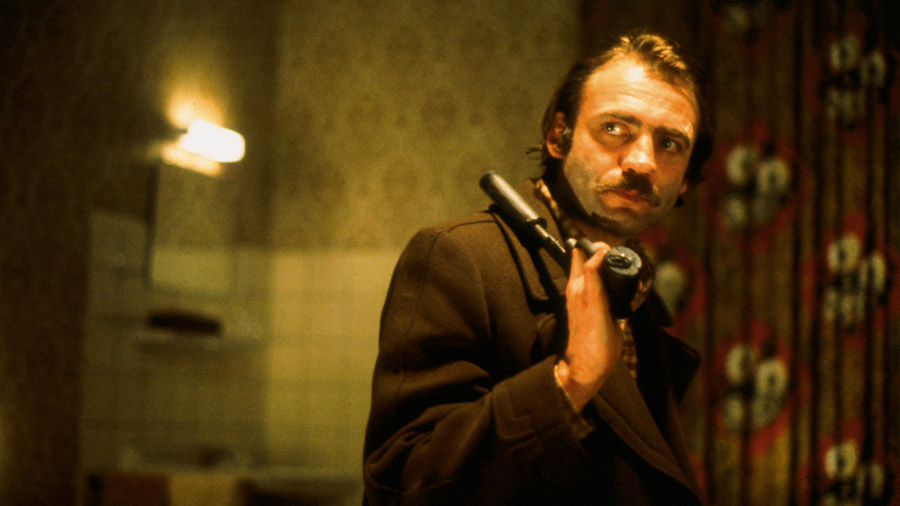
Wim Wenders is easily one of the most celebrated German directors, bursting into scene with two spiritual masterpieces in Wings of Desire and Paris, Texas. Sadly, this gritty neo-noir that preceded both is often swept under the rug, when in reality it stands tall as one of his sharpest works.
The movie focuses on an American con artist (Dennis Hopper) who makes a living selling art forgeries in Germany. In Hamburg, he befriends a modest art picture framer who’s dying of cancer and is desperate to leave some extra inheritance to his family. In his anguish, the art framer takes up a job as a hit man for his new acquaintance, but things soon turn sour.
Barry Sonnenfeld, the cinematographer for the Coens’ Blood Simple, Raising Arizona and Miller’s Crossing, claims he first met Joel and Ethan at a party in 1982. As he recalls in an interview, “we got talking about how great the cinematography was in The American Friend”. Film critic Pauline Kael once referred to Wenders style as “poetic urban masochism”, and that statement rings true, especially with this movie. If there’s something consistent with the German auteur, it’s the way he uses space, city landscapes and nature to bring alive his stories, capturing the world around him in all its glory.
3. North by Northwest (1959)
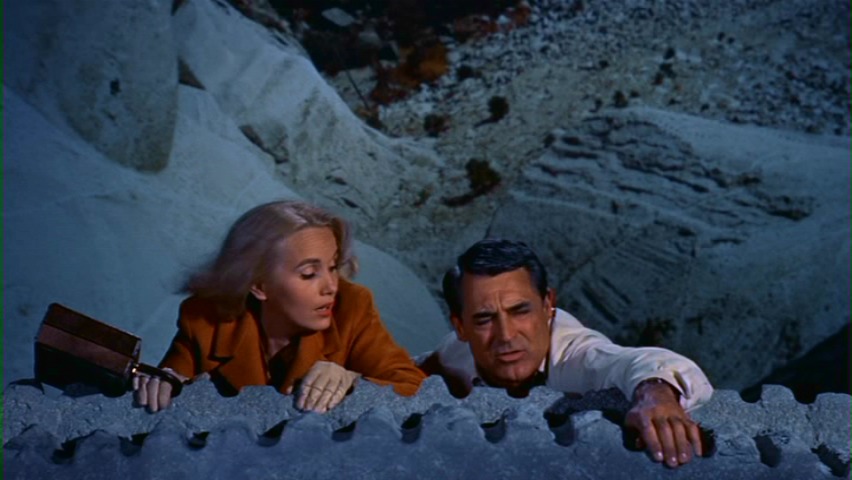
When it comes to Hitchcock’s thrillers, North by Northwest is the whole package. The movie came at a point where the master of suspense was at the height of his powers, crammed between Vertigo and Psycho but emerging as one of his most entertaining and funniest ones to date. The story follows Roger Thornhill, a playful but naive ad executive who is falsely accused of being a foreign spy, triggering a cross-country chase full of twists, romance and Hitchcock’s signature razor-sharp tension.
The movie pokes a little fun at the Cold War’s spionage paranoia that was at its apex in the late 50’s, to the point that it’s been hailed as a better James Bond story than any Bond movie ever released. In any case, it is the quintessential example of Hitchcock’s strengths and range, full of iconic scenes like the crop duster chase sequence or the hilarious final train gag.
It should come as no surprise that this found its way into the Coens all-time favorite list. Be it Fargo, The Big Lebowski or The Man Who Wasn’t There, if there’s a recurrent narrative among their films, is that of an innocent bystander who finds himself entangled in a dangerous series of events and unwittingly gets into trouble. Surely enough, North by Northwest could easily be traced back to each one of their criminal comedies as the movie that kickstarted that whole trope.
4. Z (1969)
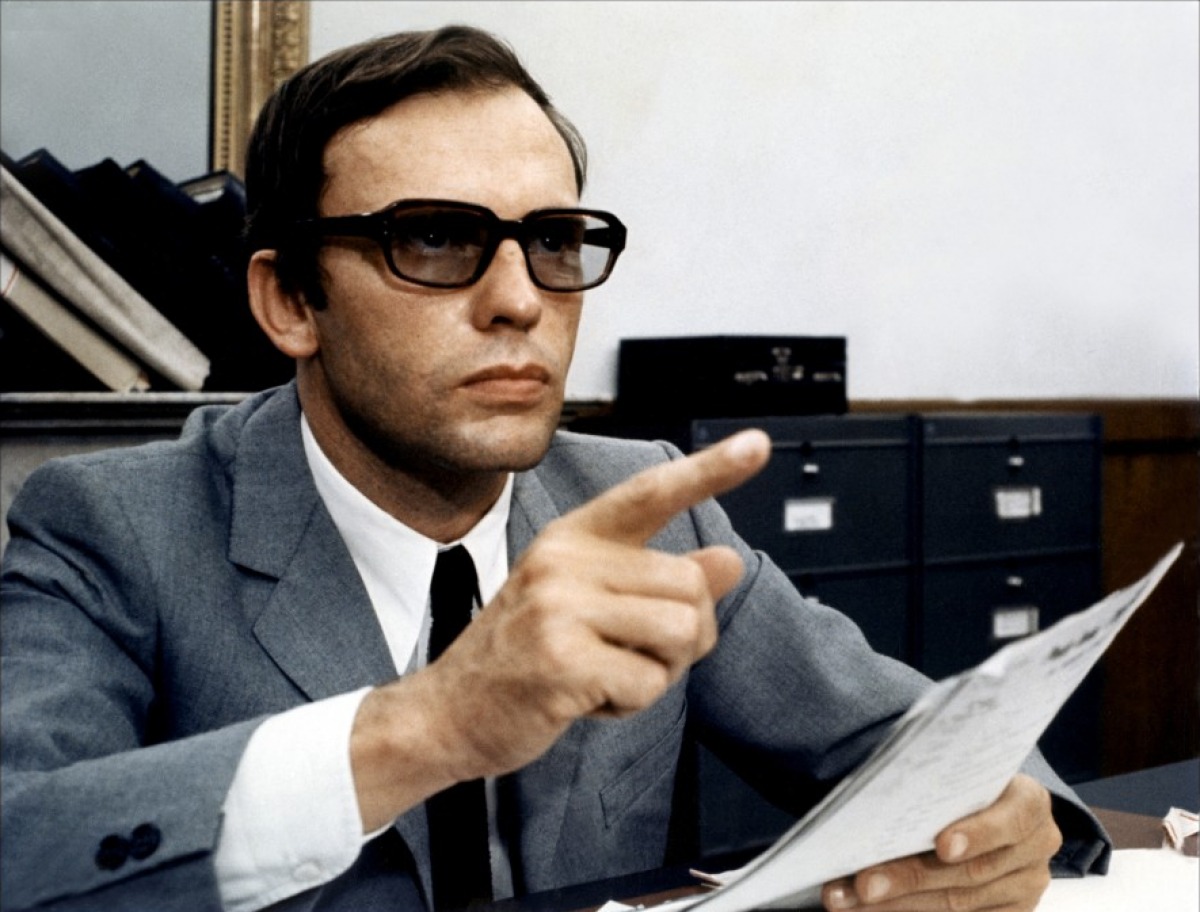
“Any similarity to actual persons or events is deliberate!” This political thriller by Costa Garvas is preceded by that incendiary opening line, an unsubtle reminder of the reality that it is trying to condemn on screen. When it comes to political activism in celluloid, you’d be hard-pressed to find a more thought-provoking and penetrating movie than Z.
Loosely based on the Greek Junta dictatorship that ran rampant during the 60’s, a decade that set new highs in anti-establishment sentiment and popular mistrust in governments, Z is a harsh reminder of the dangers of totalitarianism, corruption and oppression. The story opens with a prominent activist who is assassinated during a leftist peace demonstration. The right wing government tries to cover it up through a web of lies spread by their minions in the police and military forces. The hidden truth only comes to light after the main character and moral compass of the film, the local magistrate, acts as detective and slowly unravels the facts.
Z is an poignant indictment on a country that had lost its way, and a razor-sharp depiction on how easily those in power shield themselves behind rotten institutions.
5. The Night of the Hunter (1955)
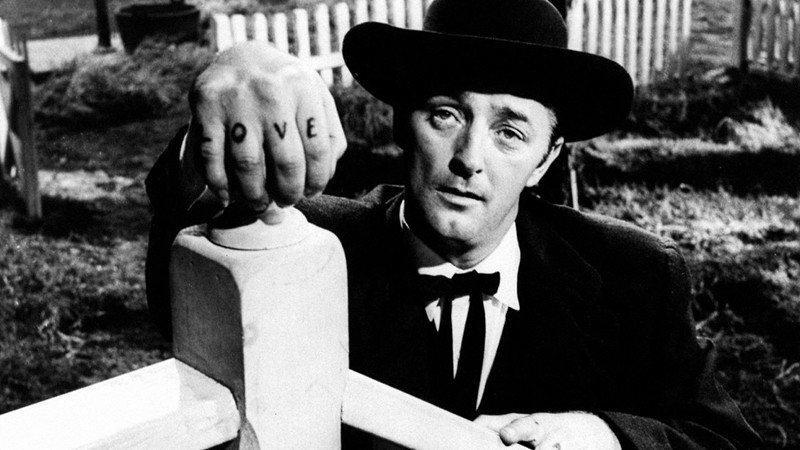
One of the distinctive traits of the Coens is how embedded in American culture their films are, having explored most of its landscape and period eras throughout their careers. From their skewed depiction of California and the shady film industry to their chilly hometown of Minnesota, it’s impossible to understand their work without acknowledging their roots. But curiously enough, their most recurrent backdrop is the Deep South, with up to six of their films set in that region, including Blood Simple, No Country for Old Men or their Homeric musical, O Brother Where Art Thou.
Set in a small town in the Cotton Belt, Charles Laughton’s terrifying tale of greed and religious hypocrisy puts us in the shoes of Reverend Powell, a menacing ex-convict who marries a naive widow in order to obtain a big stash of money hidden by her late husband. The Coen Brothers have referenced Laughton’s classic in several of their own films. Leaning on the Everlasting Arms is used both in The Ladykillers and in True Grit, while the quintessential line “the Dude abides” from the Big Lebowski echoes the closing line from this movie (“They abide, and they endure”).